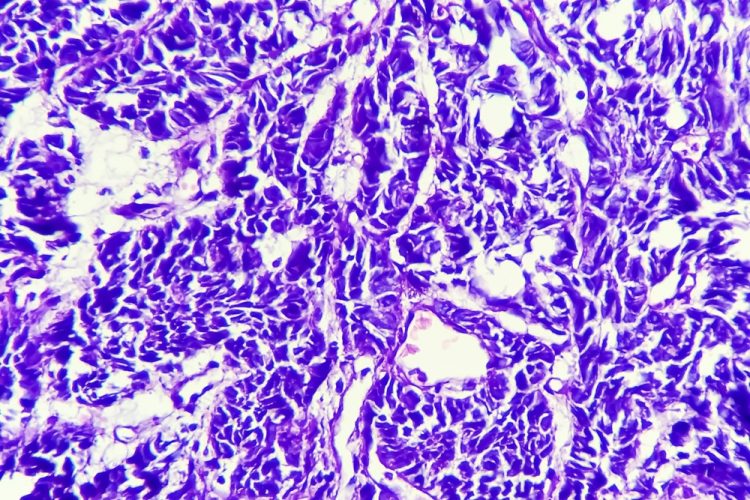Opdivo® approved in Europe to treat a range of cancers
Posted: 22 October 2021 | Anna Begley (European Pharmaceutical Review) | No comments yet
Opdivo® (nivolumab) has been approved by the European Commission for gastric, gastroesophageal junction (GEJ), or oesophageal adenocarcinoma.


The European Commission (EC) has approved Opdivo® (nivolumab) in combination with fluoropyrimidine- and platinum-based combination chemotherapy for the first-line treatment of adult patients with human epidermal growth factor receptor 2 (HER2)-negative advanced or metastatic gastric, gastroesophageal junction (GEJ), or oesophageal adenocarcinoma (EAC) whose tumours express PD-L1 with a combined positive score (CPS) more than or equal to five.
The EC’s decision is based on results from the Phase III CheckMate -649 trial in which first-line treatment with Opdivo plus leucovorin, 5-fluorouracil and oxaliplatin or capecitabine and oxaliplatin (CapeOX) was compared with chemotherapy alone. Results from the trial showed a statistically significant and clinically meaningful improvement in overall survival (OS) and progression-free survival (PFS) in patients with unresectable advanced or metastatic gastric cancer (GC), GEJ cancer (GEJC) or EAC whose tumours express PD-L1 with a CPS more than or equal to five.
The statistically significant OS benefit shown with Opdivo plus chemotherapy was also observed in PD-L1 positive patients with CPS more than or equal to one and in the all-randomised population. The safety profile observed for Opdivo plus chemotherapy in the CheckMate -649 trial was consistent with the known safety profiles of the individual treatments.
Results from CheckMate -649 include:
- OS (minimum follow‑up of 19.4 months): Median OS was 14.4 months in patients receiving Opdivo plus chemotherapy compared to 11.1 months in patients receiving chemotherapy alone.
- PFS (minimum follow‑up of 19.4 months): Median PFS was 8.31 months in patients receiving Opdivo plus chemotherapy versus 6.05 months in patients receiving chemotherapy alone.
- Safety: The most frequent adverse reactions were peripheral neuropathy, nausea, fatigue, diarrhoea, vomiting, decreased appetite, abdominal pain, constipation, musculoskeletal pain, pyrexia and rash.
“This approval marks a great achievement for many patients with gastric, gastroesophageal junction and oesophageal adenocarcinomas, who now have a new treatment option that has demonstrated superior overall survival compared to the long-standing standard of care,” stated Dr Ian Waxman at Bristol Myers Squibb. “With limited advances for HER2-negative gastric cancers made in the past ten years, we are especially pleased to move the field forward and introduce this Opdivo-based combination for patients in the EU.”
Related topics
Anti-Cancer Therapeutics, Antibodies, Big Pharma, Biologics, Chemotherapy, Clinical Trials, Data Analysis, Drug Safety, Regulation & Legislation, Therapeutics
Related organisations
Related drugs
Related people
Related diseases & conditions
gastroesophageal junction adenocarcinoma, metastatic gastric adenocarcinoma, oesophageal cancer









